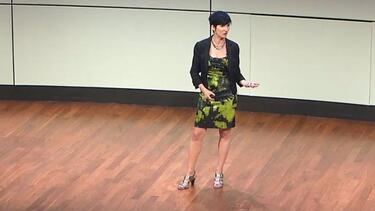Faculty Viewpoints
Is Obamacare in Trouble?
Three major insurers have pulled out of the Affordable Care Act's healthcare exchanges, prompting concerns about the exchanges’ long-term sustainability. Yale’s Fiona Scott Morton and Howard Forman discuss the state of Obamacare and what it needs to thrive.

How Wells Fargo's CEO Could Have Avoided His Senate Belly Flop
The recent performance by Wells Fargo CEO John Stumpf before the Senate Banking Committee has been widely panned. Yale SOM’s Jeffrey Sonnenfeld explains how CEOs can do better when faced with a crisis.
Is Government the Key to Prosperity?
Yale’s Jacob Hacker argues that society needs both healthy markets and effective government.

How Do We Persuade?
Yale SOM’s Zoë Chance explains how to make the most of our natural ability to influence and persuade others.

Could Crowdfunding Reshape Entrepreneurship?
Yale’s Olav Sorenson explains how crowdfunding can change entrepreneurship and what’s necessary for that to happen.

What Comes Next for Europe?
Yale Insights spoke with professors David Bach and Andrew Metrick about the likely short-term and long-term implications of “Brexit.”

How Do You Enforce Antitrust Law in a Global Marketplace?
Professor Fiona Scott Morton, the former chief economist in the Antitrust Division of the U.S. Department of Justice, on the state of global competition law.

Can I Ask You a Question?
We have learned to be skeptical of claims by advertisers. Can a question evade our defenses?

Frame or Get Framed
Yale’s David Bach writes that the legal battle between Apple and the FBI illustrates the strategic importance of issue framing in public debates.

Theranos Teaches Silicon Valley a Hard Lesson about Accountability
The failures of the blood-testing firm Theranos show that high-flying tech firms need boards who are willing to ask the hard questions.